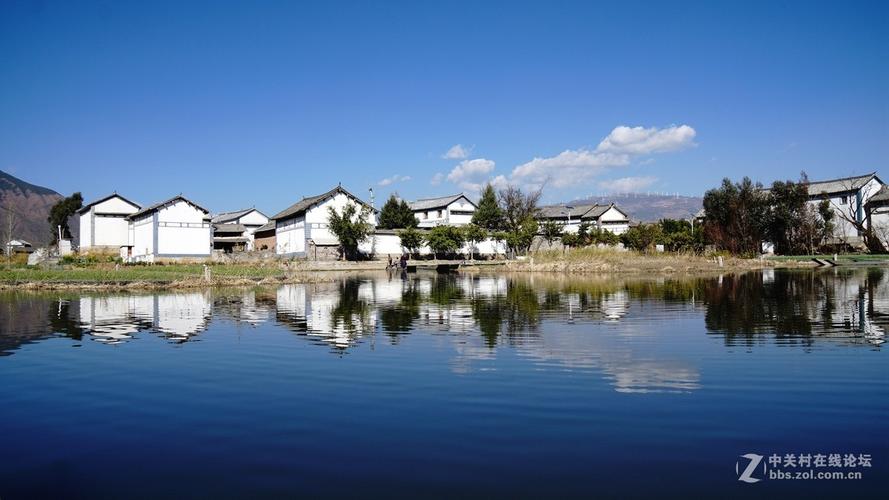The Significance of Cultural Traditions and Meaning in Malay
Malaysia is a country rich in cultural diversity, with a unique blend of traditions passed down through generations. The Malay community, in particular, has a strong connection to cultural practices, which have evolved over time to become an integral part of their identity. Understanding the significance of cultural traditions and their meaning in Malay is crucial to appreciating the complexities of Malay culture and its people.
The Importance of Cultural Traditions in Malay
Cultural traditions are a vital part of Malay culture, as they help preserve its history and customs and pass them down to future generations. Malays place great emphasis on family values, community and hospitality. Many customs revolve around extended family ties, with weddings and celebrations being an opportunity for relatives to gather, catch up and share stories with one another.
One of the crucial cultural practices in Malay is “adat”, a collection of unwritten laws, customs and practices that have been passed down orally through generations. Adat outlines the importance of norms and values that underpin the Malay culture, such as respect, humility, and courtesy.
Moreover, traditional music and dance hold huge importance in Malay culture and are mostly performed during special occasions and festivals. They serve as a way to celebrate the Malay culture and preserve it for future generations.
The Meaning Behind Malay Cultural Practices
Different Malay traditions hold different meanings based on their historical significance. For instance, the “Baju Melayu” (traditional Malay attire for men) represents the Malay’s identity and legacy. The headscarf worn by Malay women called “hijab” represents modesty and a commitment to one’s religion. The ceremonial knife or “keris” worn by Malay men is a symbol of power, honor, and prestige.
Festivals are another significant part of Malay cultural practices. The most celebrated festival is “Hari Raya Aidilfitri,” which marks the end of Ramadan, the month of fasting. Malaysians celebrate with traditional Malay delicacies such as “ketupat” (rice cake), “rendang” (meat dish), and “lemang” (glutinous rice dish).
Adapting to Change in Malay Culture
As with any culture, the Malay community has adapted to the changing times to accommodate the evolving society. Malay millennials, for example, are increasingly marrying outside their ethnic group and adapting foreign customs, leading to a blurring of traditional cultural practices.
Another notable change is the shift from traditional farming methods to more modern ones such as commercial agriculture. This transition has affected traditional agrarian customs, and in some communities, the passing down of farming knowledge has suffered.
Conclusion
In conclusion, understanding the significance of cultural traditions and their meaning in Malay is essential in appreciating their rich culture and customs. Malaysians have a deep appreciation for their traditions and strive to preserve them through cultural practices, celebrations, and music. Adapting to the changing times has shaped the Malay community, allowing them to navigate a changing world while preserving the essence of their identity and rich cultural heritage.
(Note: Do you have knowledge or insights to share? Unlock new opportunities and expand your reach by joining our authors team. Click Registration to join us and share your expertise with our readers.)
